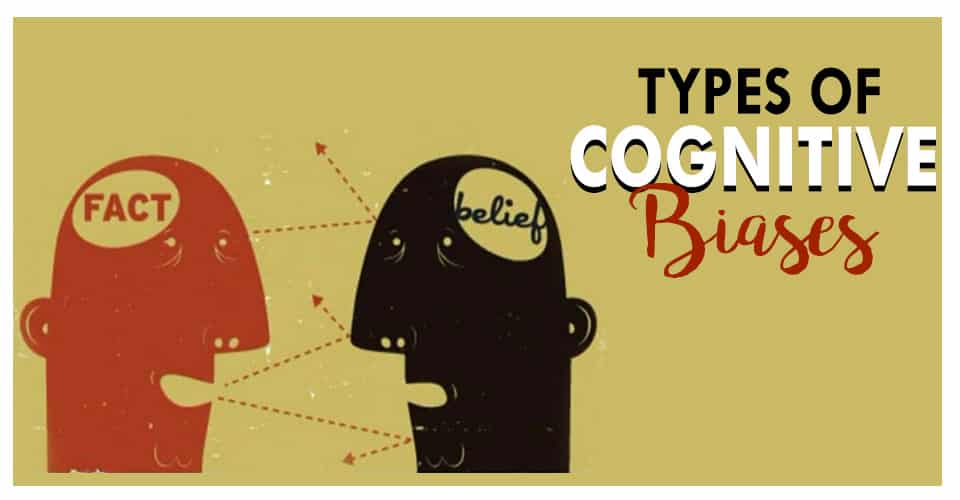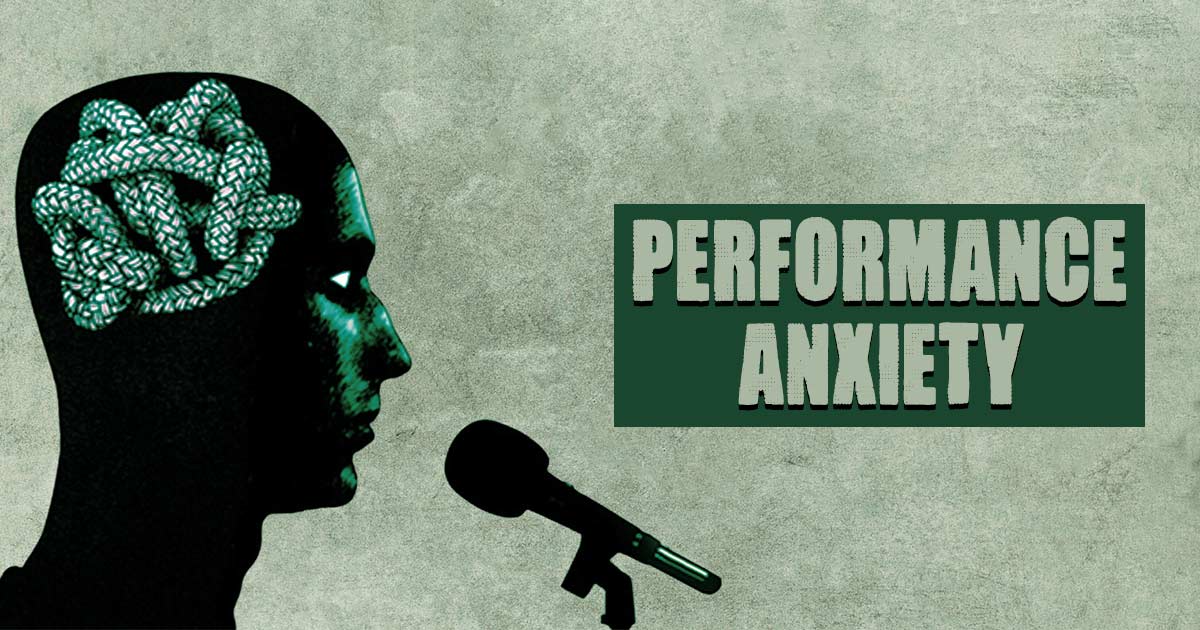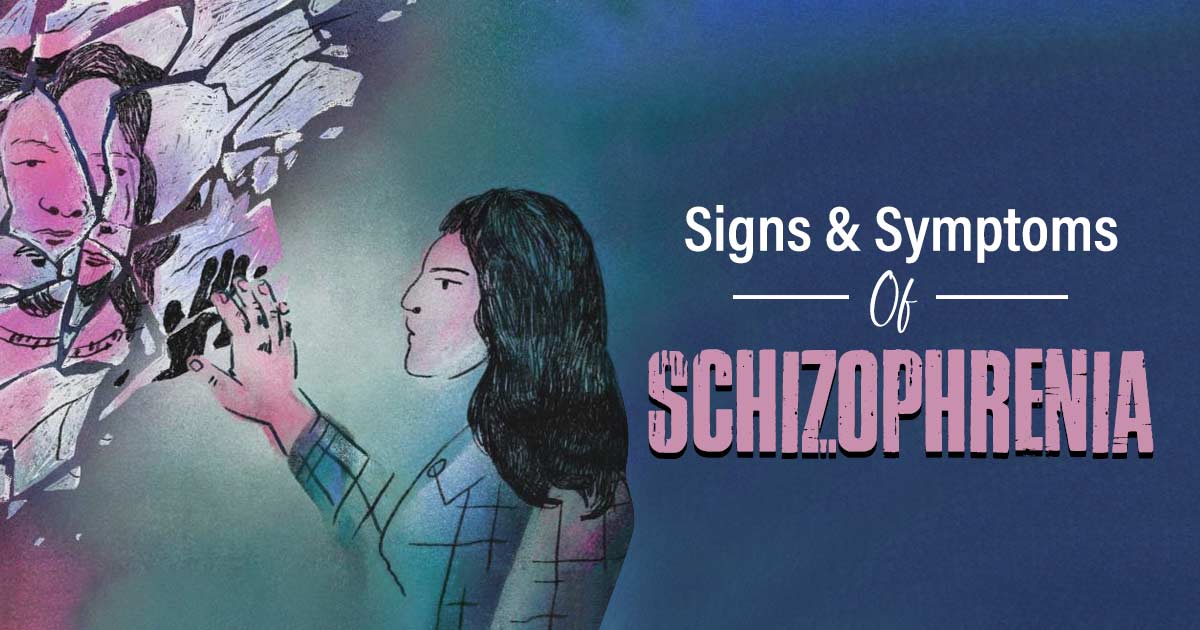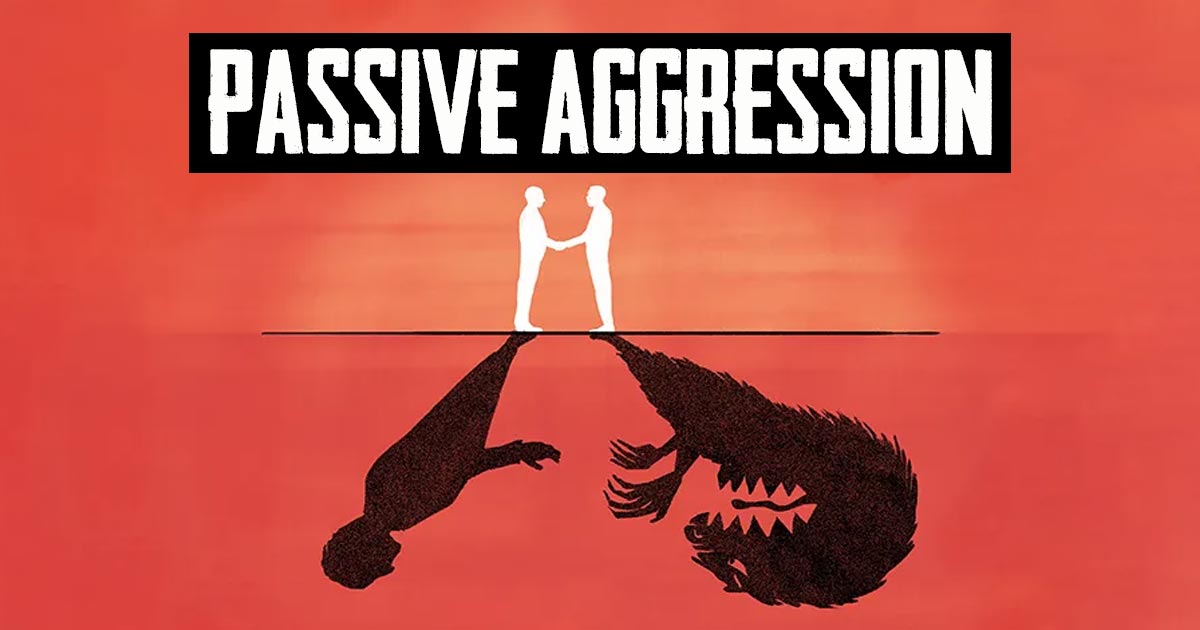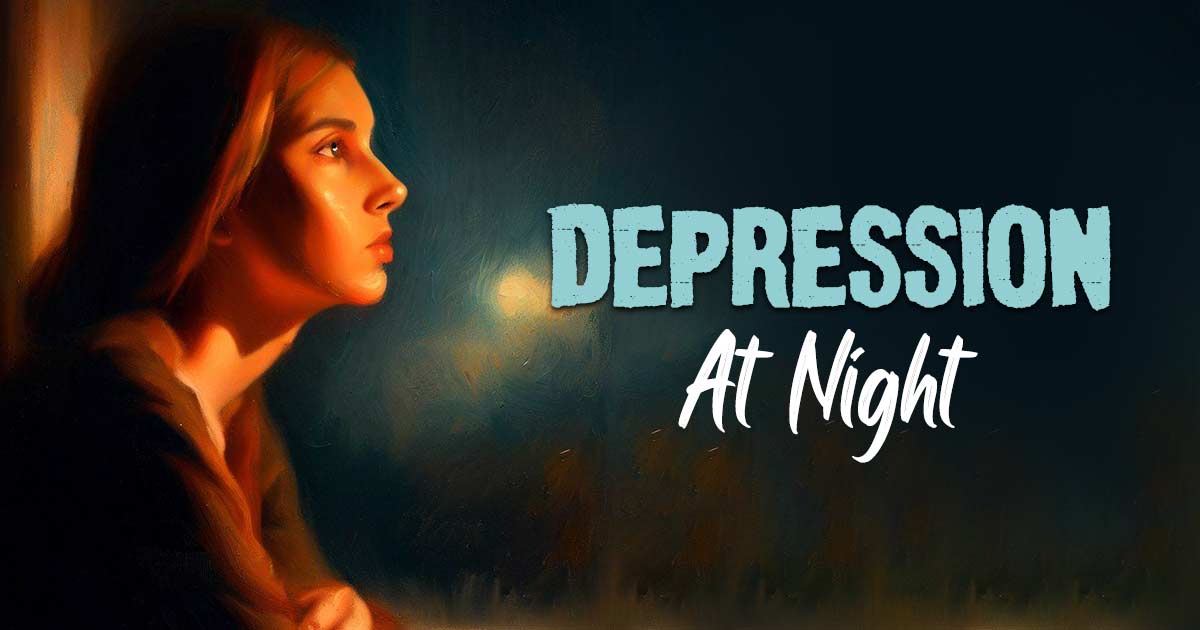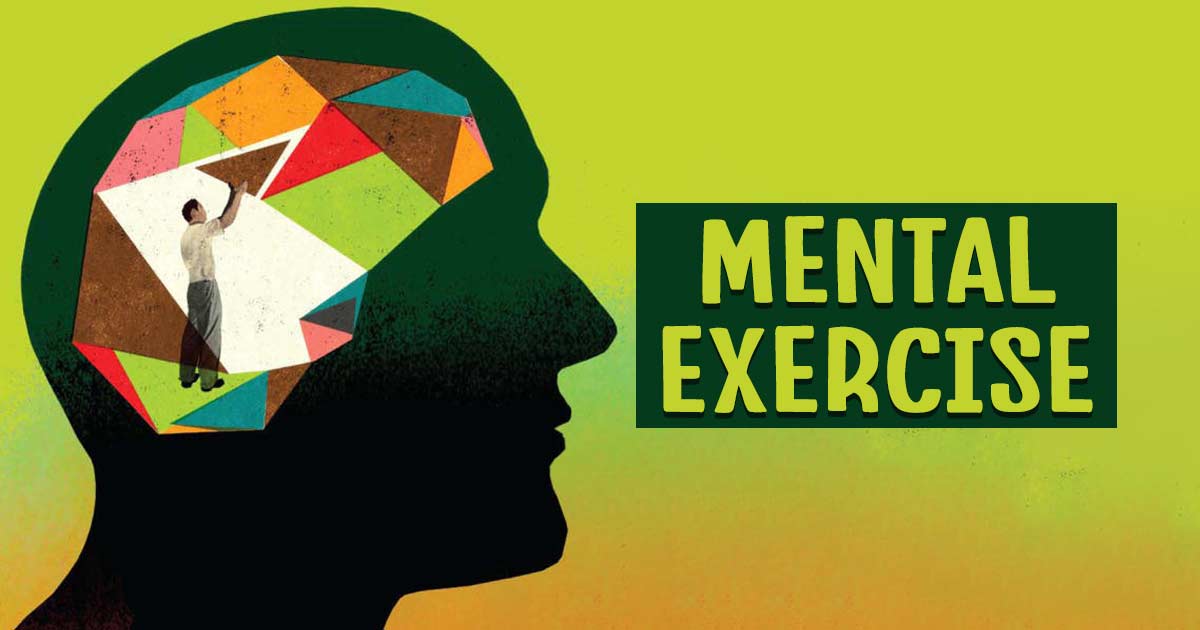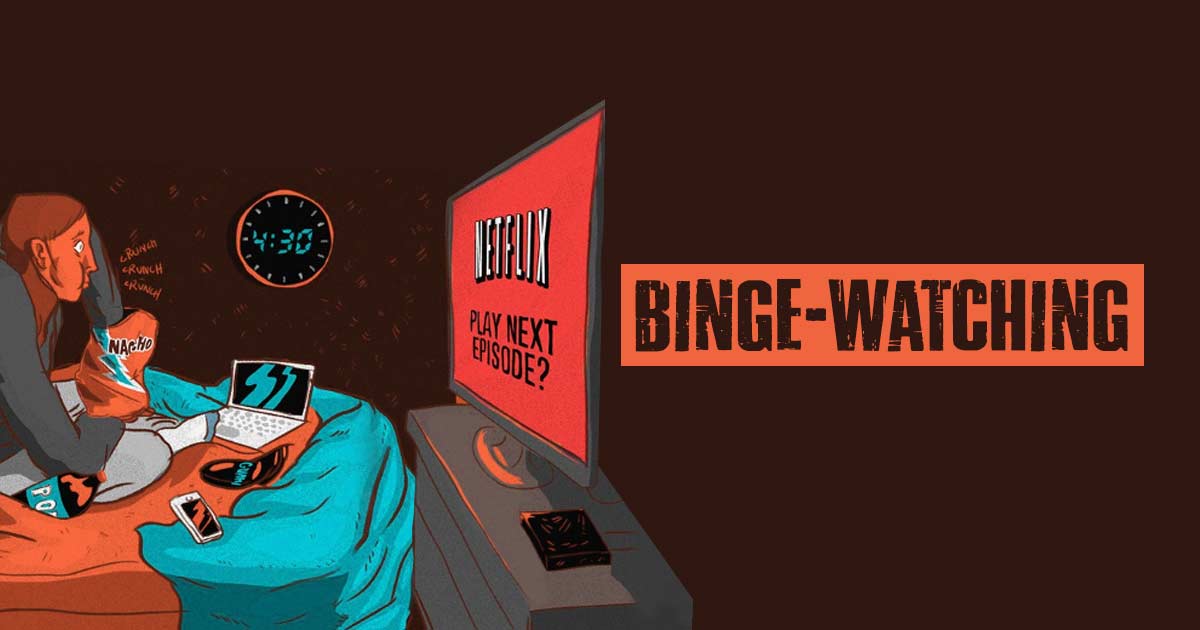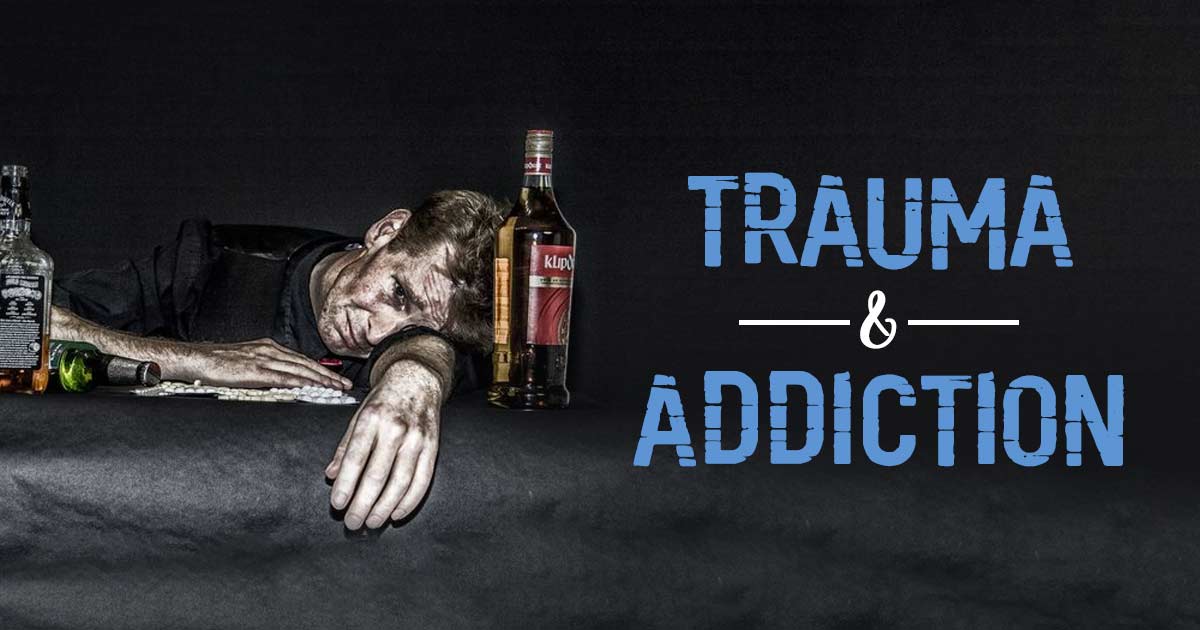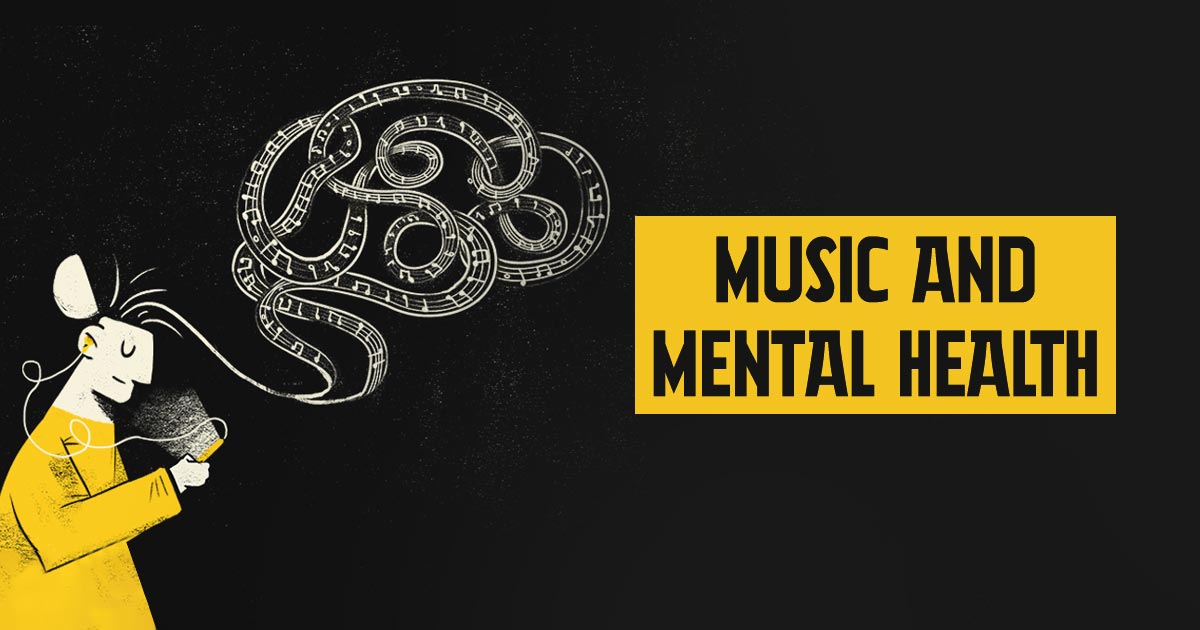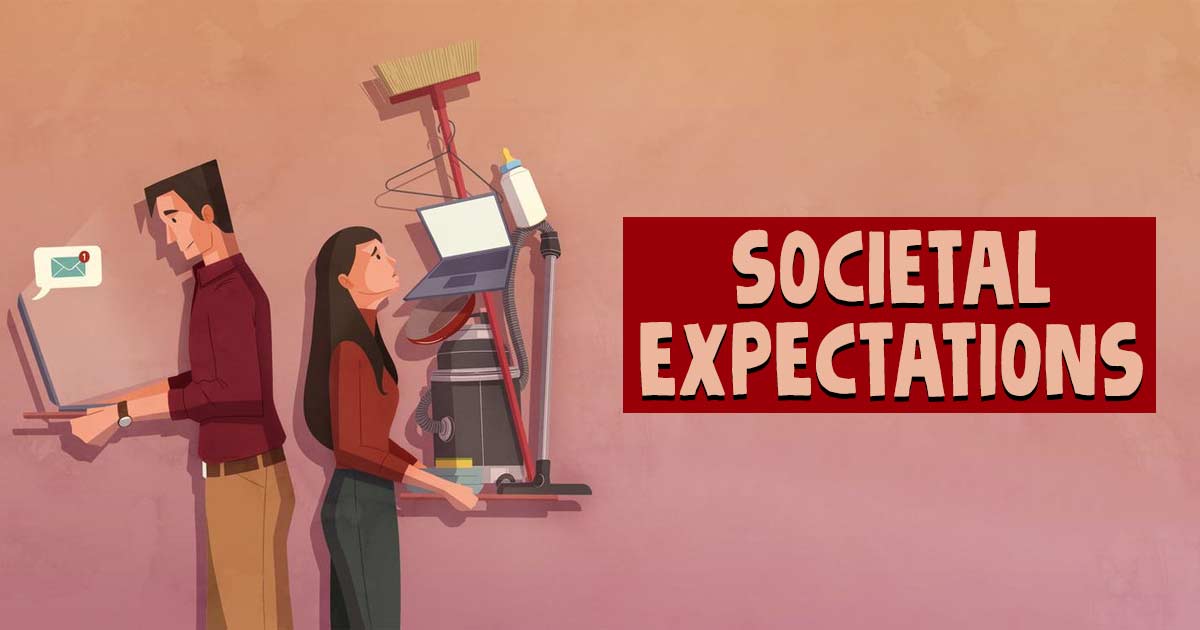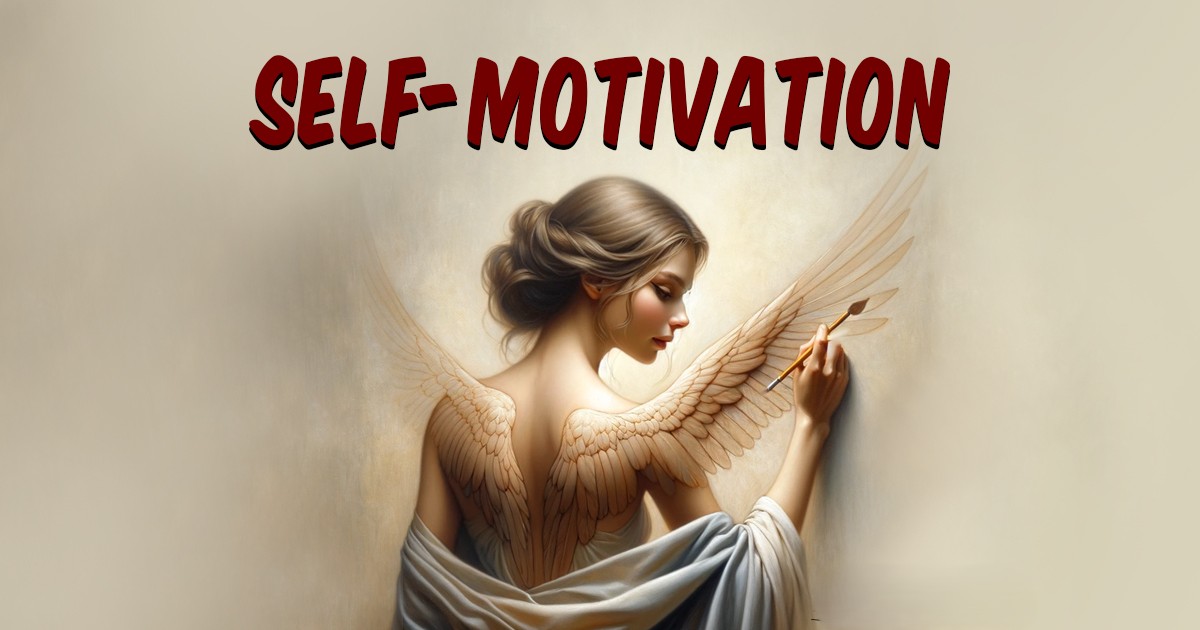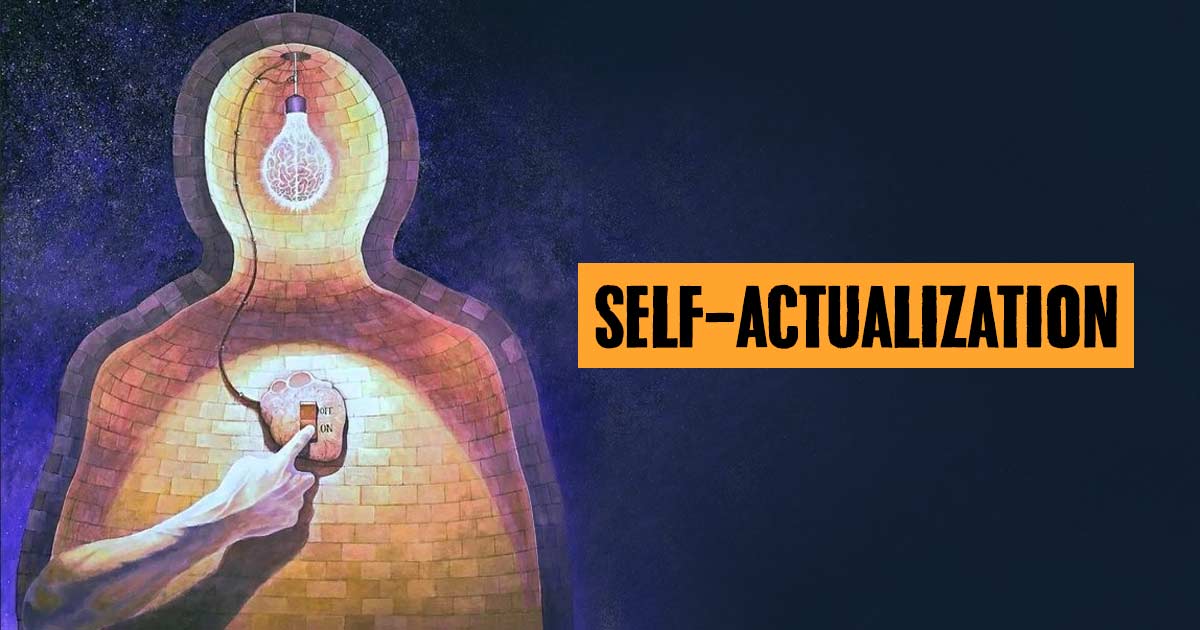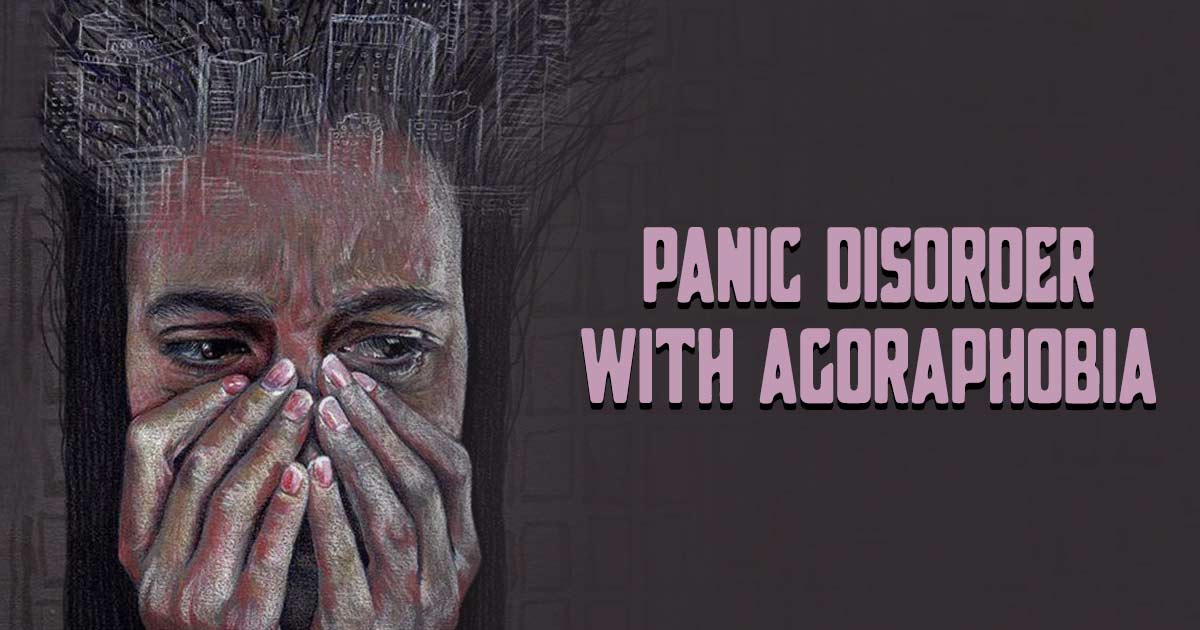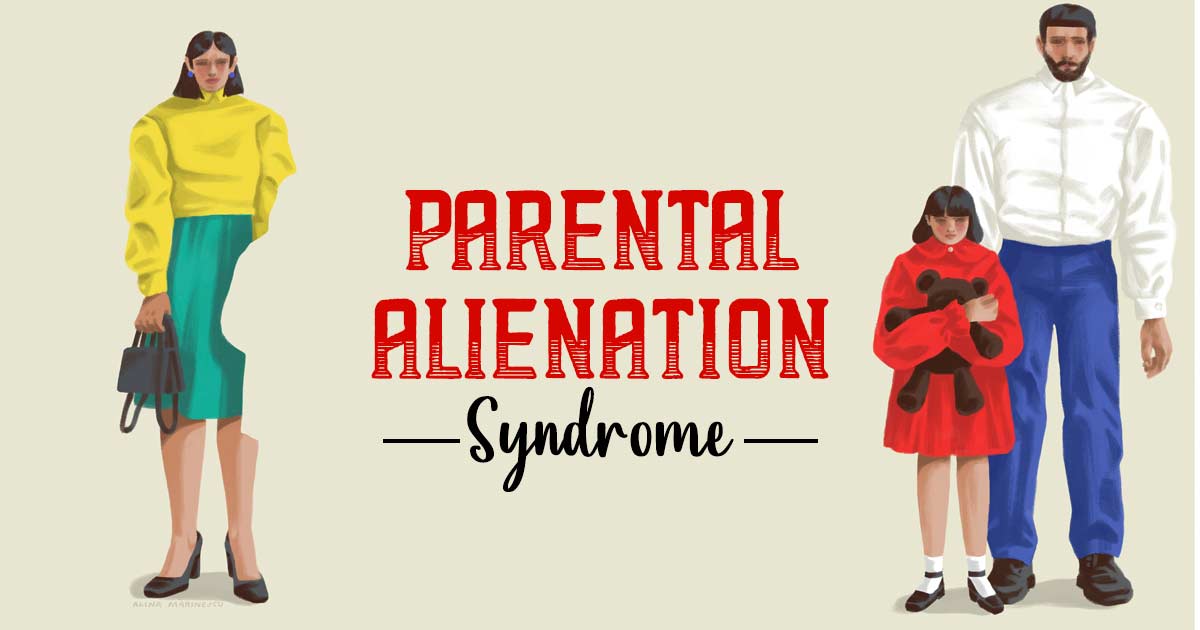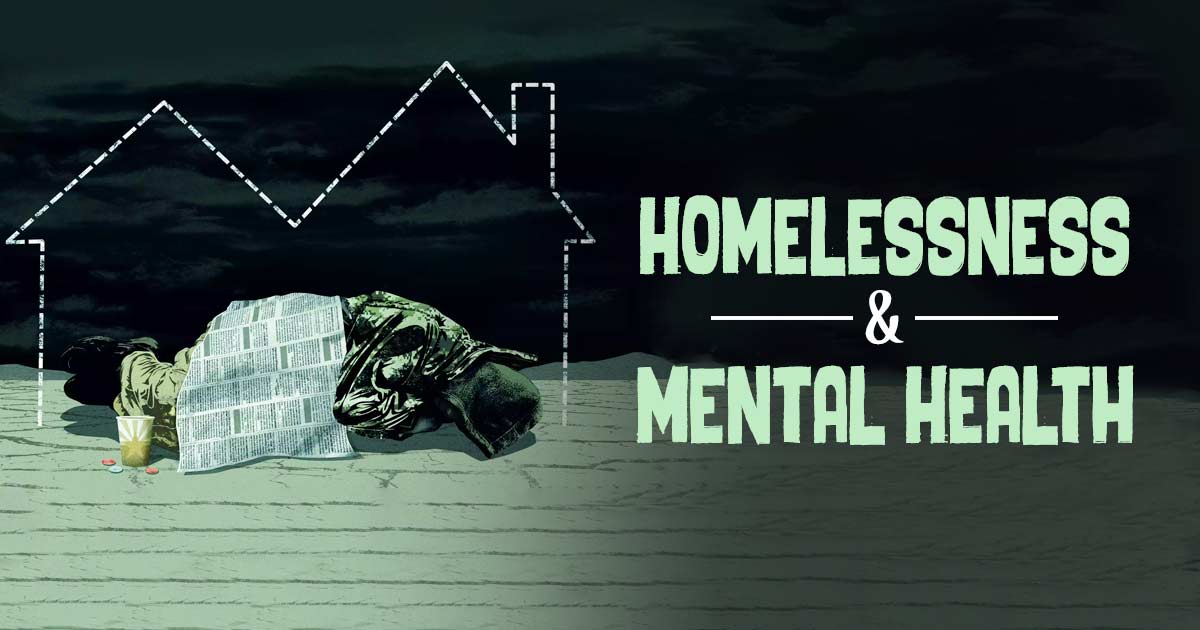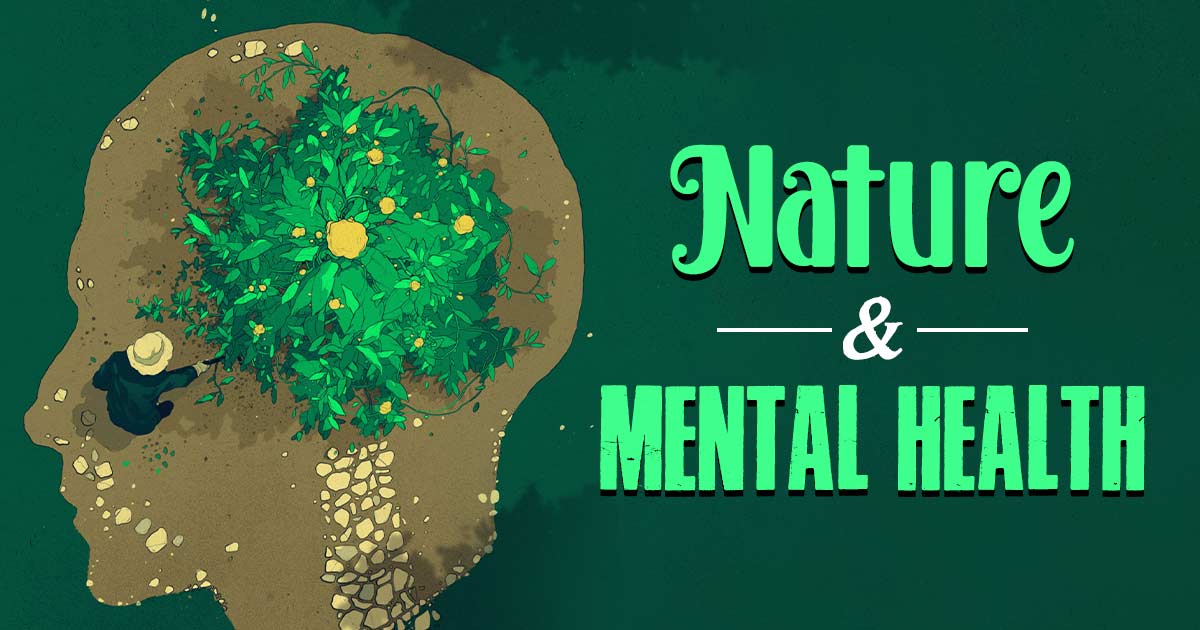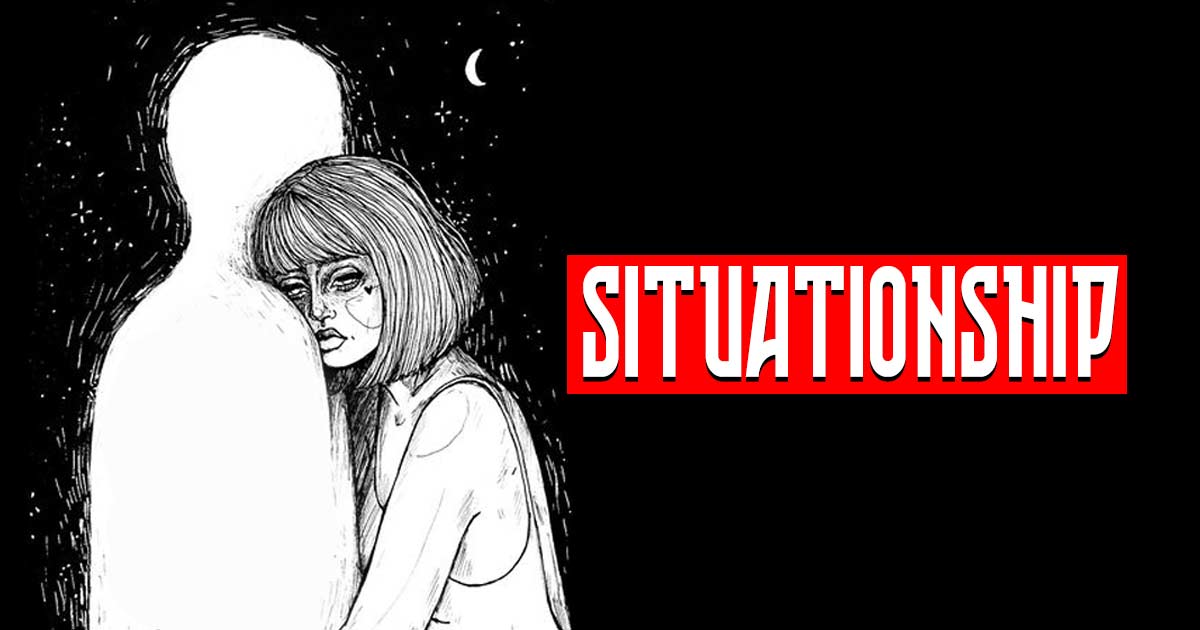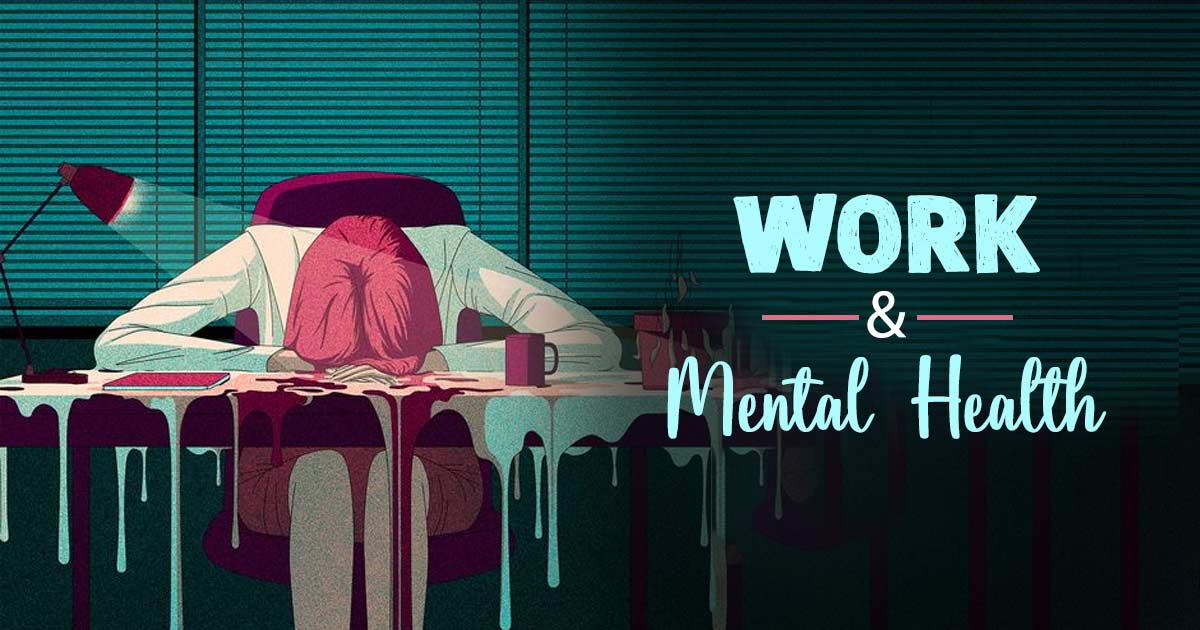Types of cognitive biases refer to the 1 Friedman, H. H. (2017). Cognitive Biases that Interfere with Critical Thinking and Scientific Reasoning: A Course Module. SSRN Electronic Journal. https://doi.org/10.2139/ssrn.2958800 various systematic patterns of thinking or mental shortcuts that can lead to deviations from rationality and objective reasoning.
These cognitive biases types are inherent in human cognition and can influence how we perceive, process, and interpret information, as well as the judgments and decisions we make. They often occur automatically and unconsciously, shaping our thought processes and affecting our behaviors without our awareness.
Cognitive biases can manifest 2 Berthet V. (2021). The Measurement of Individual Differences in Cognitive Biases: A Review and Improvement. Frontiers in psychology, 12, 630177. https://doi.org/10.3389/fpsyg.2021.630177 in different ways and are widespread among individuals with various mental health disorders 3 COMMON MENTAL HEALTH DISORDERS. (2011). Nih.gov; British Psychological Society. Available from: https://www.ncbi.nlm.nih.gov/books/NBK92254/ such as depression, post-traumatic disorder, substance abuse disorder, anxiety disorder, etc.
Research indicates 4 Berthet V. (2022). The Impact of Cognitive Biases on Professionals’ Decision-Making: A Review of Four Occupational Areas. Frontiers in psychology, 12, 802439. https://doi.org/10.3389/fpsyg.2021.802439 that people affected by these mental health issues tend to selectively focus on, remember, and interpret events in a manner which in a way indicates the responses that are common in cognitive biases.
Being aware of these biases is crucial as they can impact our mental health functioning and overall well-being and hinder our ability to make informed decisions.
Different Types of Cognitive Biases
Some examples of different types of cognitive biases include:
1. Actor-Observer Bias
The actor-observer bias is a cognitive bias that refers 5 Koenig, A. (2013). Actor‐Observer Bias. 19–20. https://doi.org/10.1002/9781118339893.wbeccp008 to the tendency to attribute our own behavior to external factors while attributing the behavior of others to internal factors.
For example, if an individual is driving and accidentally rear-end another car at a traffic light, as the “actor” in this situation, he/she may attribute the accident to external factors such as the slippery road conditions, or the behavior of the other driver.
However, if the individual observes someone else rear-end another car at a traffic light, he/she might attribute their behavior to internal factors, such as they were careless, reckless, or simply a bad driver. In this case, he/she sees the other driver as the “observer” in this situation.
Read More About Actor-Observer Bias Here
2. Self-Serving Bias
The self-serving bias is a cognitive bias that refers 6 Kaplan, T. R., & Ruffle, B. J. (2004). The Self-serving Bias and Beliefs about Rationality. Economic Inquiry, 42(2), 237–246. https://doi.org/10.1093/ei/cbh057 to individuals’ tendency to attribute their successes to internal factors and their failures to external factors.
For example, if an individual performs exceptionally well in a sports competition and attributes his victory solely to his skills and effort. However, when he performs poorly in the next competition, he blames external factors such as bad luck or unfavorable circumstances, disregarding any personal responsibility.
Read More About Self-Serving Bias Here
3. Confirmation Bias
This bias entails selectively seeking or 7 Peters, U. (2020). What Is the Function of Confirmation Bias? Erkenntnis, 87(87). https://doi.org/10.1007/s10670-020-00252-1 interpreting information in a way that confirms our existing beliefs or hypotheses while disregarding the contradictory evidence.
For example, if someone strongly supports a specific political ideology, they may only consume news or engage with information sources that align with their beliefs, while disregarding alternative perspectives.
Read More About Confirmation Bias Here
4. Hindsight Bias
People experiencing hindsight bias tend to 8 Pohl, R. F., Bender, M., & Lachmann, G. (2002). Hindsight bias around the world. Experimental psychology, 49(4), 270–282. https://doi.org/10.1026//1618-3169.49.4.270 believe that they knew or should have known the outcome all along, underestimating the uncertainty and complexity of the situation as it unfolded.
For example, when a sports team wins a game, fans may claim that they had confidently anticipated the team’s success from the beginning, overlooking the inherent uncertainties and unpredictable nature of sports events.
5. Anchoring Bias
This bias manifests when 9 Wilson, T. D., Houston, C. E., Etling, K. M., & Brekke, N. (1996). A new look at anchoring effects: basic anchoring and its antecedents. Journal of experimental psychology. General, 125(4), 387–402. https://doi.org/10.1037//0096-3445.125.4.387 we heavily rely on the first piece of information encountered (the “anchor”) when making subsequent judgments or decisions.
When comparing two laptops at a store, the higher initial price of one model can anchor the buyer’s perception of value, making them more likely to consider it a superior option even if it may not offer significantly better features.
6. Misinformation Effect
The misinformation effect refers to 10 Challies, D. M., Hunt, M., Garry, M., & Harper, D. N. (2011). Whatever gave you that idea? False memories following equivalence training: a behavioral account of the misinformation effect. Journal of the experimental analysis of behavior, 96(3), 343–362. https://doi.org/10.1901/jeab.2011.96-343 the phenomenon where the introduction of misleading or incorrect information can alter a person’s memory of an event or experience.
For example, if someone witnesses a crime and then hears various conflicting accounts of what happened, their memory of the event may be influenced by the misinformation they encountered, leading them to recall details incorrectly.
7. False-consensus Effect
The false-consensus effect is a cognitive bias in which 11 Alicke, M. D., & Largo, E. (1995). The Role of Self in the False Consensus Effect. Journal of Experimental Social Psychology, 31(1), 28–47. https://doi.org/10.1006/jesp.1995.1002 individuals overestimate the extent to which their own opinions, beliefs, preferences, or behaviors are shared by others. It involves assuming that one’s attitudes and behaviors are more common or typical than they are.
For instance, if we strongly believe that a particular political candidate is the best choice, we may assume that most other people also hold the same view, underestimating the diversity of opinions and perspectives.
8. Halo Effect
This bias occurs when 12 Nicolau, J. L., Mellinas, J. P., & Fuentes, E. M.(2021). The halo effect. Available from: https://www.researchgate.net/publication/349443219_The_halo_effect our overall impression of a person influences our judgments or evaluations of their single traits or ability.
For example, if someone is physically attractive, we may tend to assume that they are also intelligent, kind, or talented, even without concrete evidence to support those assumptions.
Read More About Halo Effect Here
9. Availability Heuristic
The availability heuristic is a cognitive bias that involves 13 Pachur, T., Hertwig, R., & Steinmann, F. (2012). How do people judge risks: availability heuristic, affect heuristic, or both?. Journal of experimental psychology. Applied, 18(3), 314–330. https://doi.org/10.1037/a0028279 making judgments or decisions based on the ease with which examples or instances come to mind. People tend to rely on information that is readily available in their memory or easily retrieved when evaluating the probability, likelihood, or frequency of events or situations.
For instance, when asked about the safety of air travel, someone with an available heuristic might recall recent news stories of plane crashes, leading them to overestimate the risks associated with flying, despite statistical evidence indicating otherwise.
10. Optimism Bias
This bias involves overestimating the likelihood 14 Sharot T. (2011). The optimism bias. Current biology : CB, 21(23), R941–R945. https://doi.org/10.1016/j.cub.2011.10.030 of positive outcomes and underestimating the likelihood of negative outcomes.
For example, when embarking on a new business venture, individuals may be overly optimistic about their chances of success, downplaying potential risks or challenges they may encounter along the way.
Impact of Different Cognitive Biases on Mental Health
Here are some ways in which different cognitive biases types can affect 15 Savioni, L., & Triberti, S. (2020). Cognitive Biases in Chronic Illness and Their Impact on Patients’ Commitment. Frontiers in Psychology, 11. https://doi.org/10.3389/fpsyg.2020.579455 mental well-being:
- Actor-observer bias leads individuals to blame others and external factors for their negative experiences, causing relationship conflicts.
- Individuals with self-serving bias overly attribute successes to internal factors and failures to external factors that hinder responsibility and reduce effort.
- Confirmation bias reinforces people actively seek information that supports their negative thoughts, leading to a cycle of self-doubt, or low self-esteem.
- Individuals with hindsight bias may blame themselves excessively for not being able to predict or prevent negative outcomes, leading to feelings of guilt, or regret.
- Decisions based on anchoring bias and without considering other relevant information, can lead to poor choices or missed opportunities for improvement.
- The misinformation effect can distort one’s understanding of events or experiences, leading to increased anxiety, restlessness, or feelings of confusion.
- Availability heuristics lead to distorted perceptions of risks and probabilities which are based on easily accessible or memorable examples.
Frequently Asked Questions (FAQs)
1. Are cognitive biases good or bad?
Cognitive biases are neither inherently good nor bad, but they can lead to errors in thinking and decision-making, potentially hindering our ability to make rational and objective judgments.
2. How do you identify cognitive bias?
Identifying cognitive biases requires self-awareness and analysis of our thoughts, beliefs, and decision-making processes.
3. What is the most powerful cognitive bias?
Confirmation bias is often considered one of the most pervasive and influential biases.

